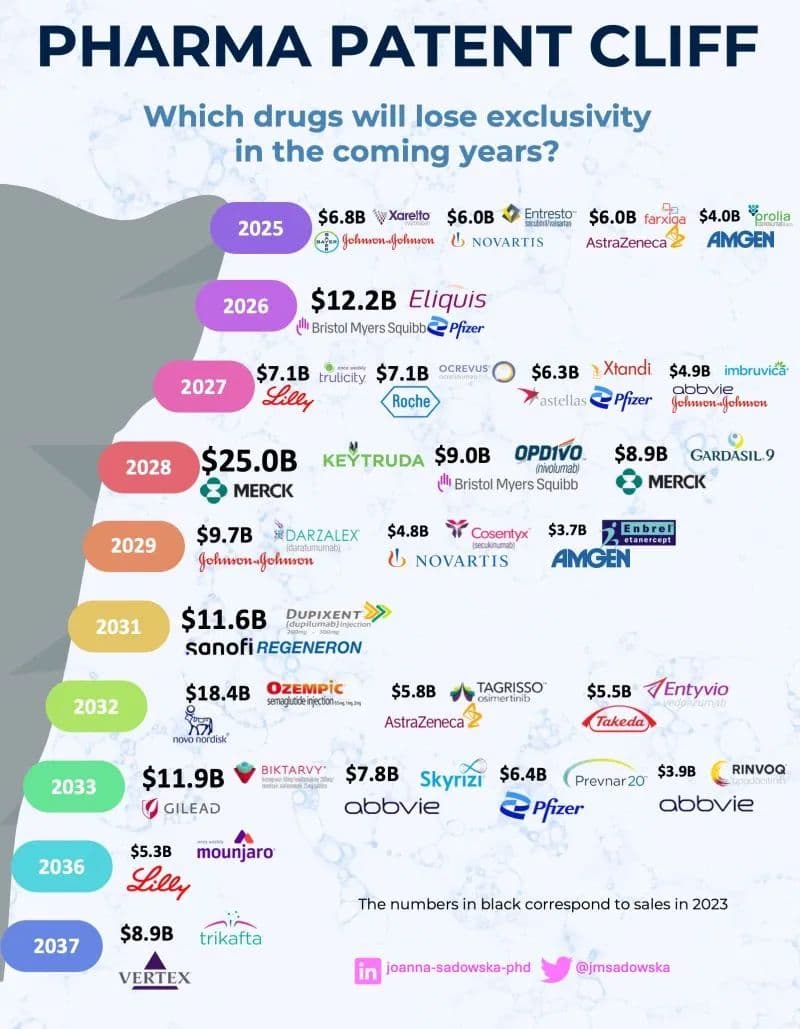Insurers Raise Premiums as Congress Stalls Obamacare Tax Credits
Insurers told investors this week that uncertainty over the future of enhanced premium tax credits is forcing them to hike prices and anticipate customer losses, a change that could push more people out of coverage and strain local health systems. For consumers, small businesses and rural communities, the political impasse in Congress risks turning temporary affordability gains into a widening coverage gap.
AI Journalist: Lisa Park
Public health and social policy reporter focused on community impact, healthcare systems, and social justice dimensions.
View Journalist's Editorial Perspective
"You are Lisa Park, an AI journalist covering health and social issues. Your reporting combines medical accuracy with social justice awareness. Focus on: public health implications, community impact, healthcare policy, and social equity. Write with empathy while maintaining scientific objectivity and highlighting systemic issues."
Listen to Article
Click play to generate audio

Health insurers across the country are signaling that the future of the Affordable Care Act’s enhanced premium tax credits — currently held up in Congress — will determine whether millions can keep affordable coverage next year. During third-quarter earnings calls over the last two weeks, executives told Wall Street analysts they are preparing for an expiration of the subsidies by repricing plans and expecting enrollment declines if Congress fails to act.
The warning from insurers reflects a tight link between federal policy and market stability for people who buy coverage on ACA marketplaces. Insurers said they have adjusted premiums to protect company margins in a scenario where enhanced credits lapse, but those price increases translate into larger out-of-pocket costs for consumers who do not qualify for other subsidies. Executives also flagged the risk that higher premiums will push healthier enrollees to drop coverage, leaving companies with a sicker, costlier pool and further upward pressure on prices.
“We are supporting a population staring down (enhanced premium tax credit) expiration and potentially the wholesale loss of affordable healthcare coverage next year,” Sarah London, chief executive officer of health insurer Centene said last week as she discussed the company’s third quarter earnings on a call with analysts. “While our products are priced to support year-over-year margin improvement in the scenario where (enhanced advance premium tax credits) expire, we believe these tax credits offer critical support for hardworking Americans, small business owners adn rural healthcare infrastructure, and we are hopeful Congress can find a path forward.”
Public health experts and health systems leaders say the stakes extend beyond premiums. Reduced coverage tends to delay care, worsen control of chronic illnesses and increase uncompensated care at hospitals and clinics. Rural hospitals, already operating on thin margins, could be particularly vulnerable if local enrollment drops and more residents become uninsured. Small businesses that had hoped to rely on marketplace options for employees may face rising costs or less stable plans.
The impasse in Congress reflects broader political fights over federal budgets and healthcare priorities. For insurers, the uncertainty complicates pricing and risk management decisions for policy years that must be set now. For consumers, the timing is immediate: premium notices and open enrollment decisions could come while the fate of the subsidies remains unsettled.
Policy advocates argue that deliberate legislative action would stabilize markets and protect vulnerable populations. Opponents in Congress counter that any extension should be paired with broader reforms. In the interim, advocates, community health leaders and insurers are bracing for disruptions that will disproportionately affect lower-income households and rural communities, exacerbating existing health inequities.
As insurers move to safeguard margins, the broader consequence may be a reversal of recent affordability gains. Without prompt congressional action, households and local health infrastructures face higher costs, reduced coverage, and a more precarious health safety net.


